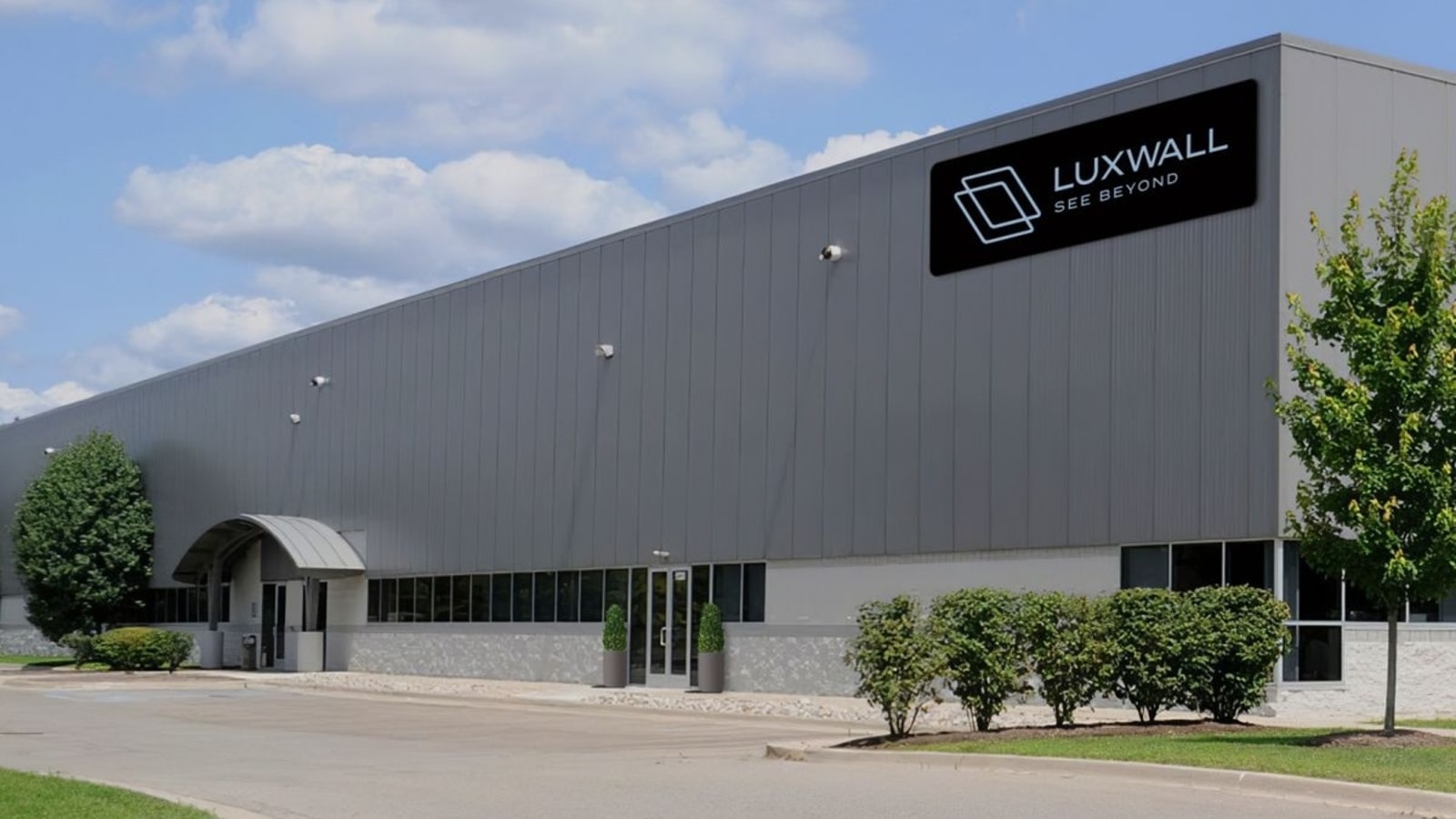Bill Gates Is Backing a New Window Design for Buildings
Buildings spend a lot of money on heat and much of it is just going out the window — literally.

Windows are an easy way to keep buildings cool — but they could be better at doing the reverse. A company partially backed by Bill Gates' Breakthrough Energy Ventures believes it has a solution.
LuxWall The Ypsilanti, Michigan-based startup says its design, which consists of two vacuum-insulated coated glass panes, can retain heat four times more effectively than single-pane windows. Breakthrough Energy and Prelude Ventures, both early investors, recently joined Khosla Ventures in a $33 million Series A funding round, led by VC firm 2150, that puts the startup's valuation at $101 million.
Buildings account for 30% of global energy consumption, according to the International Energy Agency. That has prompted cities such as New York and Vancouver to pass legislation limiting emissions tied to the structures. Scott Thomsen, LuxWall's co-founder and chief executive officer, says the company's glass could reduce a building's carbon emissions by 35-45%. “Windows are the number one source of energy loss in buildings and our product is targeted to solve the problem,” he says.
LuxWall's glass isn't designed solely to hold in heat. Just like an insulated coffee cup can also keep cold drinks icy, the glass installation prevents outdoor heat from transferring into a building and traps in air conditioning, reducing cooling costs by 20%, according to the company. The glass can be inserted into existing window frames, and LuxWall said it has sold roughly 2,500 glass panes — mainly to private office buildings — since launching in 2016.
There is one drawback: At $16 to $20 per square foot, LuxWall's windows cost roughly 20% more than other options on the market. Thomsen argues those costs are offset over time by savings on utilities bills, but convincing buyers to pay an upfront premium for a high-performance window could be challenging.
Because escaping heat is invisible, “people don't really see the problem,” says Michael Doust, director of urban efficiency and climate at the World Resources Institute. But, he concedes, if LuxWall's solution were “brought to scale, this would have a competitive edge.”
Thomsen, who spent 15 years in management at a global glass company before co-founding LuxWall, said researchers have experimented with vacuum-insulated glass for decades, but it was too expensive to make at scale. The startup's innovation, he says, is bringing down the production costs — specifically through a continuous, low-heat manufacturing process. According to Thomsen, lowering the temperature by about 250C compared with other processes for making vacuum-insulated glass enables LuxWall to produce 1,200 units each day.
For now, the company is starting small. It employs about three dozen people and currently operates a 20,000-square-foot research and development facility in Ypsilanti. With the new round of funding, LuxWall will open a new factory somewhere in the Midwest in early 2024.
While windows aren't the flashiest solution to the climate crisis, Thomsen says disruption in the market is long overdue. “You can go 20, 30 years in the glass industry between major innovations,” he says. This technology could “take windows to the next level.”
Catch all the Latest Tech News, Mobile News, Laptop News, Gaming news, Wearables News , How To News, also keep up with us on Whatsapp channel,Twitter, Facebook, Google News, and Instagram. For our latest videos, subscribe to our YouTube channel.































